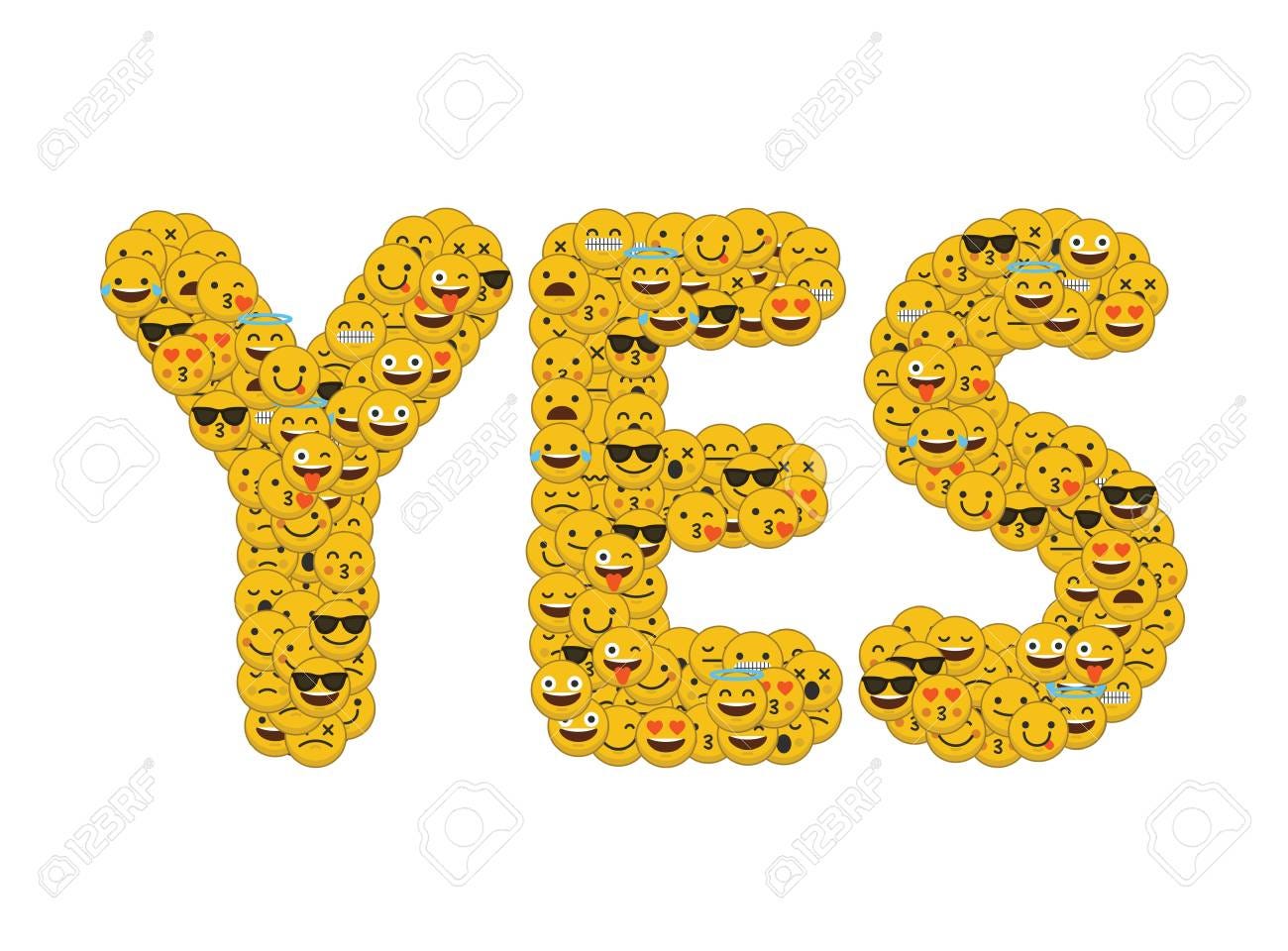I first read Ursula K. Le Guin as an adolescent. I drank-up the Earthsea Trilogy and thirsted for more. Later, in my Cultural Anthropology class at the University of Massachusetts, I was over the stars when the professor assigned The Left Hand of Darkness as the final text for the course—-the only real thing I remember from that class. And yes, Ursula K. Le Guin is also a poet, a very good one, More on that later.
After I had dropped out of college and was working under the table, waitressing as an “illegal alien” in the North of England—yes, that really was the term— I volunteered for the Lancaster Literary Festival. It was my first experience of any type of arts gathering and I loved it. It felt like entering a parallel universe.
I remember most meeting Linton Kwisi Johnson who brought a crew with him—maybe for company or protection—most likely both. His performance was electrifying. But I also remember who didn’t accept the invitation to appear.
U.K. Le Guin (as she was known then—on the cover of all her books) wrote a beautiful letter to “Jo” who was the Director of the Lancaster Lit Festival that year, turning down the offer to headline the event. Jo was so thrilled by a personal letter from her favorite writer that it took a little sting away from the rejection. This was Spring of 1981 and Jo’s choices were ahead of the time. In fact, this may have been the first, or one of the first of the Lancaster Lit Festivals, held at the Dukes Playhouse directly across Pizza Margherita where I worked. I don’t know what my volunteer job was besides getting in free to most events, but I know I learned much more than I offered.
And although Le Guin wrote to say she was not in the habit of making public appearances, she was still very honored to be asked. This must have been the first time I learned that she was a she, an Ursula, an esteemed writer who was trying to remain out of sight. Oh, for a time when that was still possible as a writer! Clearly, her gender reveal made a lasting impression—as did having the Lancaster Lit Festival directed by a woman.
Now for another ginormous leap in time. Perhaps this is one of the joys of making it to the edge of middle age. Time travel has always been my favorite genre of science fiction, especially as a child.
2001: I’ve recently moved to Seattle. Someone has cancelled on an intimate dinner at a donor’s house for a non-profit I’m tangentially involved with. I’m a newly minted writer (my first book is just a year old!) and I’ve benefited from this organization. The director calls me on Friday afternoon to ask if I woud attend a dinner with Urusla Le Guin for that Sunday, right before her Seattle Arts and Lectures reading.
Dear Reader, there was only one answer.
The director of the non-profit asks that I bring a “plus one” and amazingly, I have one. As we drive up to the house in Patrick’s decades-old Honda, I realize there is a tear in the pocket of my dress; my partner’s clothes bought from a thrift shop are faded. Suddenly, I see us through the eyes of the donor living in Madrona (a wealthy Seattle neighborhood on the shore of Lake Washington) and realize we look every bit the starving artists. Perhaps that’s the reason for the invite. (Well, not starving artist but certainly not used to dining in multi-million dollar homes).
As soon as we enter the mansion, through a beautifully carved door, my lover is immediately accosted with the question: what do you do for a living? He shakes the host’s hand and replies that he works for the Engineering Department of a local hospital. In truth he works in the custodial services unit (which falls under Engineering). I feel as if we’ve entered a strange play but no one has told us our lines in advance.
At dinner, I am seated to the right of Ms. Le Guin’s husband, Charlie. He is extremely charming and happy to regale me with the story of meeting Ursula on a transatlantic ship as they make their way to France, two newly minted Fulbright Scholars. On the boat, something happens. Having never met before, they fall deeply in love. Before they reach Calais they request that they receive assignments near to one another. The Fulbright chaperone says they need to be engaged for this to work. They oblige. And a few months later, they marry. This was 1953. By the time I meet them they’ve been sharing life together for nearly 50 years, they will stay married for 60+ years total, until 2018 when Le Guin passes away at 88. Her husband dies that same year.
Strange to think that when we met in 2001, the Le Guins were more or less the age that I am now. They left me with the impression that they really liked each other, were enjoying life, and still had lots more things to do, places to go. I hope someone might say the same of me.
Yes, “years do very odd things to identity.” I love the double or perhaps triple meaning of the title here. The leaves of the book the child reads, the leaves of time, and most of all, the leave-taking that Le Guin has begun to do here as she looks over her life.
Reader, if we are very lucky, perhaps we will be doing something similar when we reach our eighties. Le Guins last book was So Far So Good: Final Poems 2014-2018 published posthumously by Copper Canyon Press. Here is a feature poem from this powerful collection.







